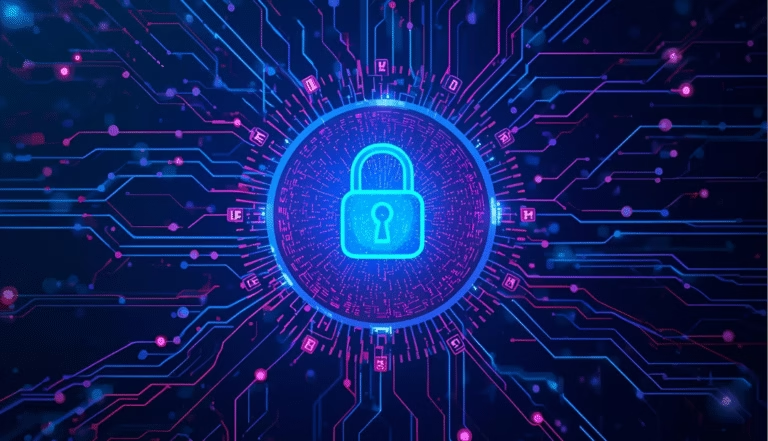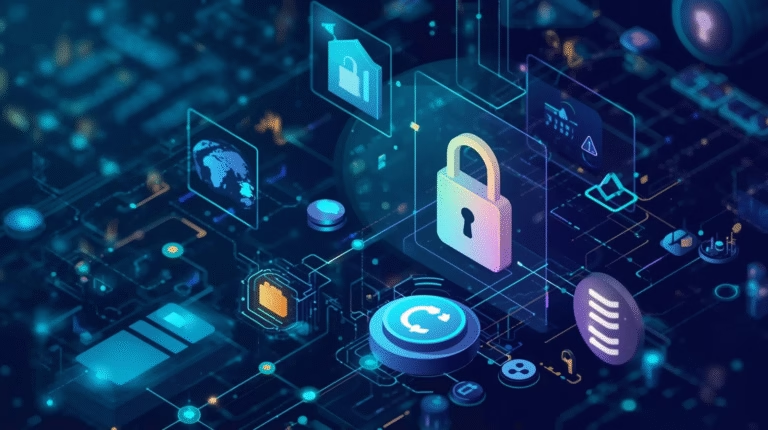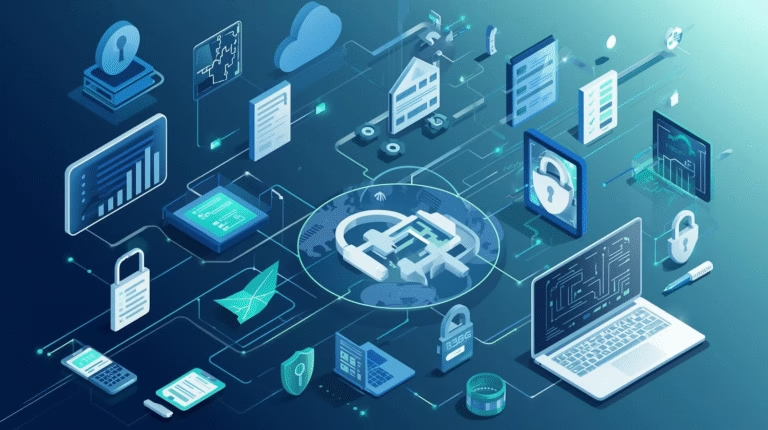What are Endpoint Security Services?
Endpoint security services are a set of cybersecurity solutions and measures designed to protect the network endpoints, such as laptops, desktops, servers, mobile devices, and other devices that connect to a network from potential security threats. These services aim to prevent unauthorized access to the network, detect and respond to security incidents, and protect sensitive data stored on endpoints. Some common features of endpoint security services include antivirus and anti-malware protection, firewall management, data encryption, application control, device control, and endpoint detection and response (EDR) capabilities. These services play a crucial role in safeguarding organizations’ data and resources against cyber-attacks and breaches.
How Do Endpoint Security Services Work?
Endpoint security services work by providing protection for individual devices or endpoints, such as desktops, laptops, mobile devices, and servers, within a network. These services typically involve the installation of security software on the endpoint device, which helps to detect and prevent potential security threats.
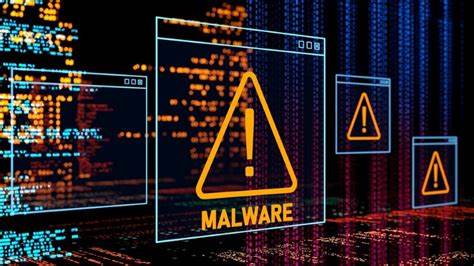
1. Anti-malware protection:
Endpoint security services include antivirus software that scans for and removes malware, such as viruses, worms, and other malicious software, from the endpoint device.
2. Firewall protection:
Endpoint security services often include a firewall, which monitors and controls incoming and outgoing network traffic to prevent unauthorized access and protect against cyber threats.


3. Intrusion detection and prevention:
Endpoint security services can detect and block suspicious network activity that may indicate a cyber-attack, helping to prevent unauthorized access to the endpoint device.
4. Data encryption:
Endpoint security services may encrypt data stored on the endpoint device or transmitted over the network, helping to protect sensitive information from unauthorized access.


5. Device management and policy enforcement:
Endpoint security services can help IT administrators manage and secure endpoint devices by enforcing security policies, such as password requirements and software update schedules.
The Role of Antivirus in Endpoint Security
Antivirus software plays a crucial role in endpoint security by protecting individual devices such as laptops, desktops, smartphones, and tablets from various forms of malware, including viruses, worms, Trojans, spyware, ransomware, and more. Endpoint security refers to the protection of devices connected to a network, as these endpoints are often the first line of defense against cyber threats.
Antivirus software works by scanning files and programs on the endpoint device for any signs of malicious code. If a threat is detected, the antivirus software will either quarantine or delete the infected file to prevent the malware from spreading further. In addition to detecting and removing malware, antivirus software may also include features such as real-time scanning, automatic updates, and firewall protection to help prevent future infections.
Endpoint Security Management and Remediation
Endpoint security management involves the monitoring and securing of endpoints, such as laptops, desktops, mobile devices, and servers, within a network. This is typically done through the use of endpoint security solutions, which provide visibility into endpoint activities, detect potential threats, and enforce security policies.
Remediation refers to the process of addressing and resolving security incidents or vulnerabilities that are detected on endpoints. This may involve removing malware, applying patches, updating software, changing configurations, or implementing other security measures to mitigate risks and prevent future incidents.
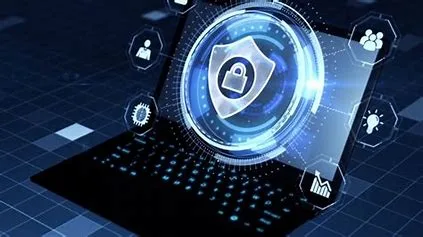
1. Endpoint protection:
Deploying antivirus, anti-malware, and other security solutions to detect and prevent threats on endpoints.
2. Patch management:
Keeping software and operating systems up-to-date with the latest security patches to address known vulnerabilities.


3. Configuration management:
Standardizing endpoint configurations and enforcing security policies to reduce the risk of security incidents.
4. Incident response:
Developing and implementing procedures for responding to security incidents on endpoints in a timely and effective manner.
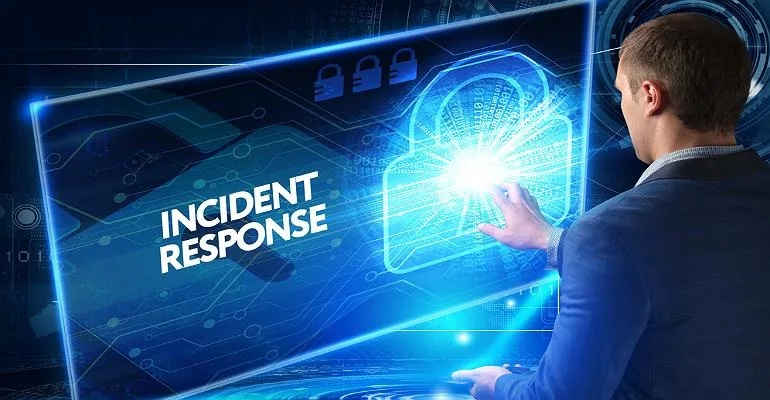

5. Monitoring and reporting:
Continuously monitoring endpoint activities, analyzing security events, and generating reports to identify potential threats and vulnerabilities.
6. User awareness:
Educating and training end users on security best practices, such as avoiding suspicious links and downloads, to reduce the risk of endpoint compromise.

Why is Endpoint Security Important in Today’s Cyber Landscape?
Endpoint security is crucial in today’s cyber landscape for several reasons:

Protection of sensitive data:
Organizations store a vast amount of sensitive data on endpoints, including personal and financial information. Endpoint security helps safeguard this data from unauthorized access or theft.
Prevention of cyber-attacks:
Endpoints are often the primary target of cyber attackers as they provide an entry point to the organization’s network. Robust endpoint security solutions can help prevent various forms of cyber attacks such as malware, ransomware, and phishing.
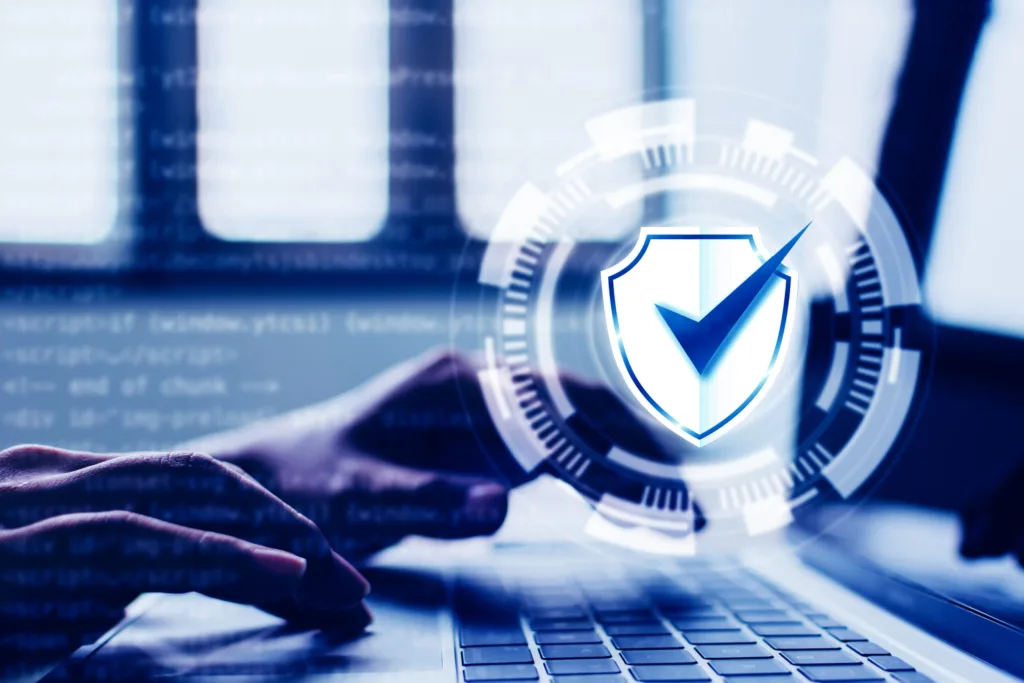

Compliance with regulations:
Many industries have strict regulatory requirements for data protection and security measures. Implementing endpoint security solutions helps organizations meet these compliance standards and avoid potential fines and legal consequences.
Mitigation of security risks:
Endpoints are vulnerable to a wide range of security risks, including insider threats, unpatched vulnerabilities, and unauthorized access. Endpoint security solutions help identify and mitigate these risks, reducing the likelihood of a security breach.


Remote work and BYOD trends:
With the rise of remote work and bring your own device (BYOD) policies, organizations face the challenge of securing a diverse range of endpoints. Endpoint security solutions provide a centralized approach to managing and securing these devices, regardless of their location.
What to Look for in Comprehensive Endpoint Security Services?
Advanced threat detection capabilities:
Look for endpoint security that offer next-generation anti-malware and anti-virus protection, as well as advanced threat detection features such as behavioral analysis and machine learning algorithms.

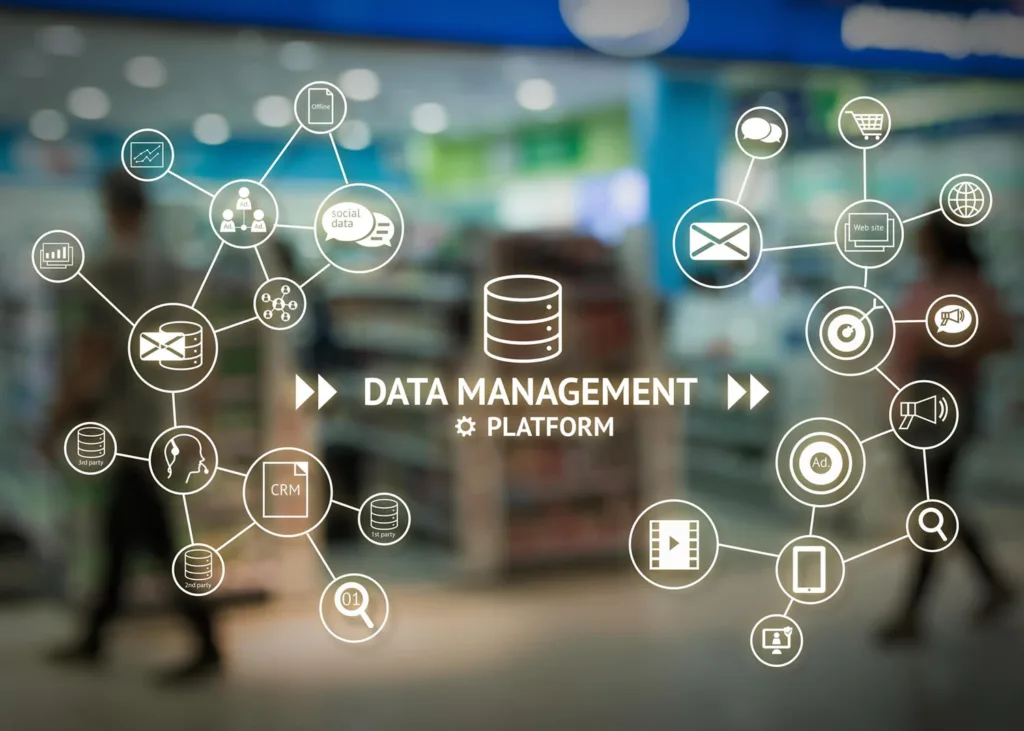
Centralized management:
Choose endpoint security services that offer centralized management capabilities, allowing you to easily monitor and control all endpoints from a single console.
Patch management:
Ensure that the endpoint security solution includes patch management features to keep operating systems and software applications up to date with the latest security patches.
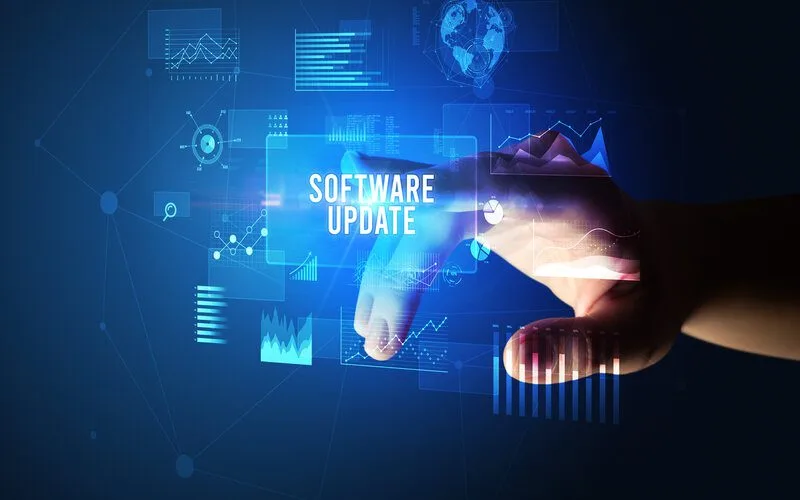

Data encryption:
Look for endpoint security services that offer data encryption capabilities to protect sensitive information stored on endpoints from unauthorized access.
Mobile device security:
If your organization uses mobile devices, make sure the endpoint security service includes mobile device management features to secure and manage smartphones and tablets.
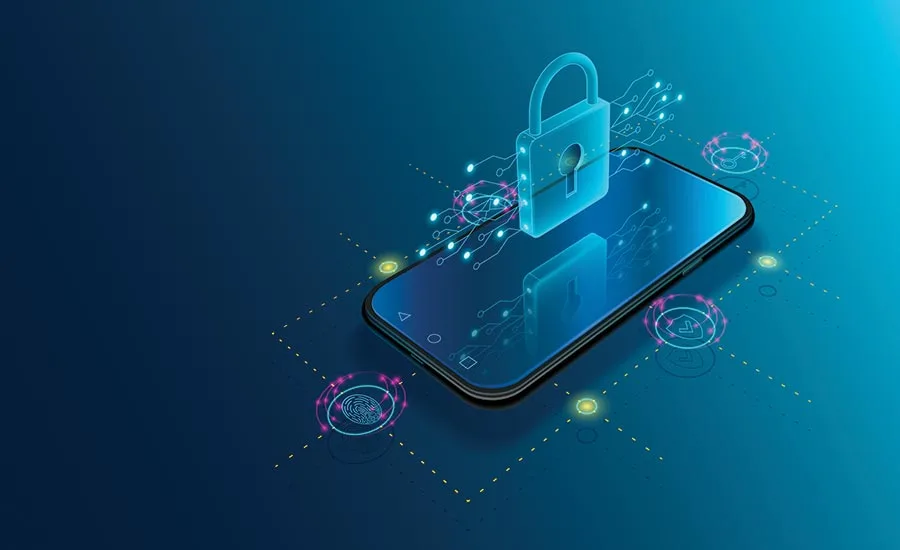

Compliance and reporting tools:
Select endpoint security services that provide compliance monitoring and reporting tools to help you ensure that your organization is meeting regulatory requirements and security best practices.
Integration with other security tools:
Consider endpoint security services that can integrate with other security tools and platforms to provide comprehensive protection across your entire network.


Scalability:
Choose endpoint security services that can easily scale to accommodate the growth of your organization and the addition of new endpoints.
24/7 support:
Look for endpoint security services that offer round-the-clock customer support to quickly address any security issues or concerns that may arise.


Regular updates and enhancements:
Ensure that the endpoint security service provider regularly updates and enhances their product to stay ahead of emerging threats and provide maximum protection for your organization.
OUR SERVICES
Endpoint security services are focused on protecting devices such as laptops, desktops, smartphones, and other internet-enabled devices from cyber threats. These services typically include antivirus and malware protection, firewall management, intrusion detection and prevention, data encryption, and secure remote access.
At our company, we offer comprehensive endpoint security services to ensure that your devices are protected from all types of cyber threats. Our team of experts will work with you to assess your security needs and implement the necessary measures to keep your endpoints secure.
By partnering with us for endpoint security services, you can have peace of mind knowing that your devices are protected from malware, phishing attacks, and other cyber threats. Contact us today to learn more about our endpoint security services and how we can help protect your organization.






